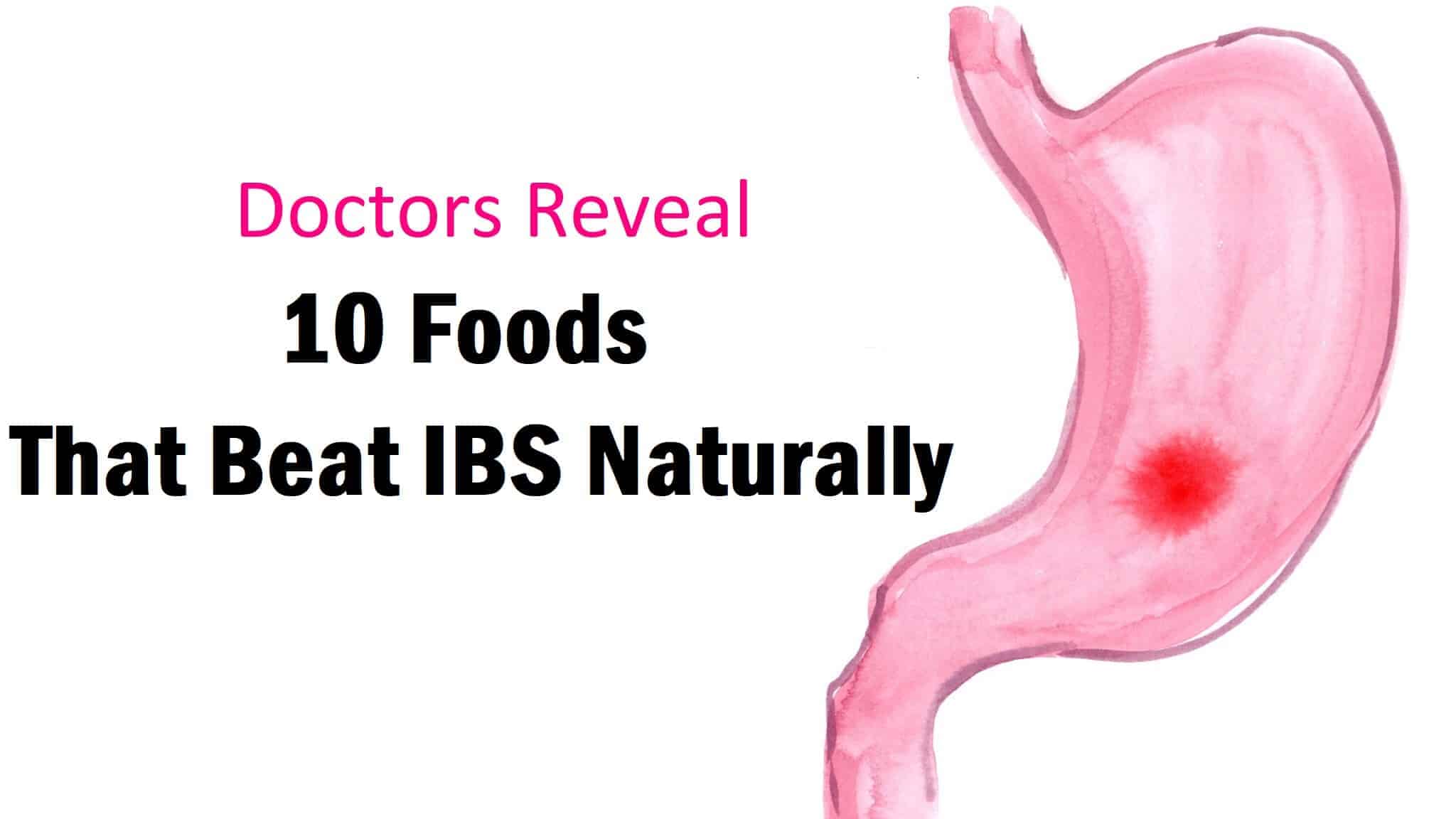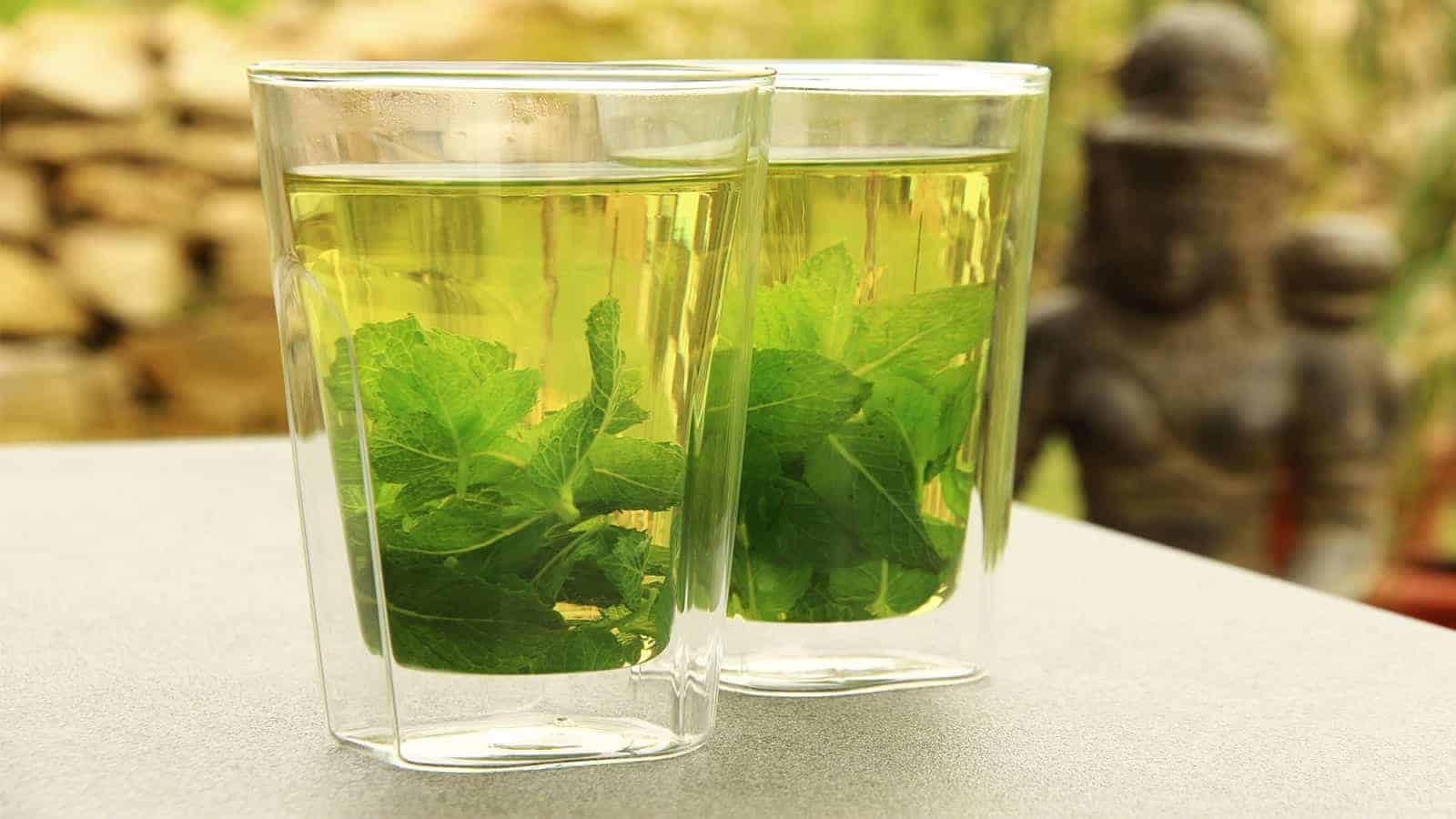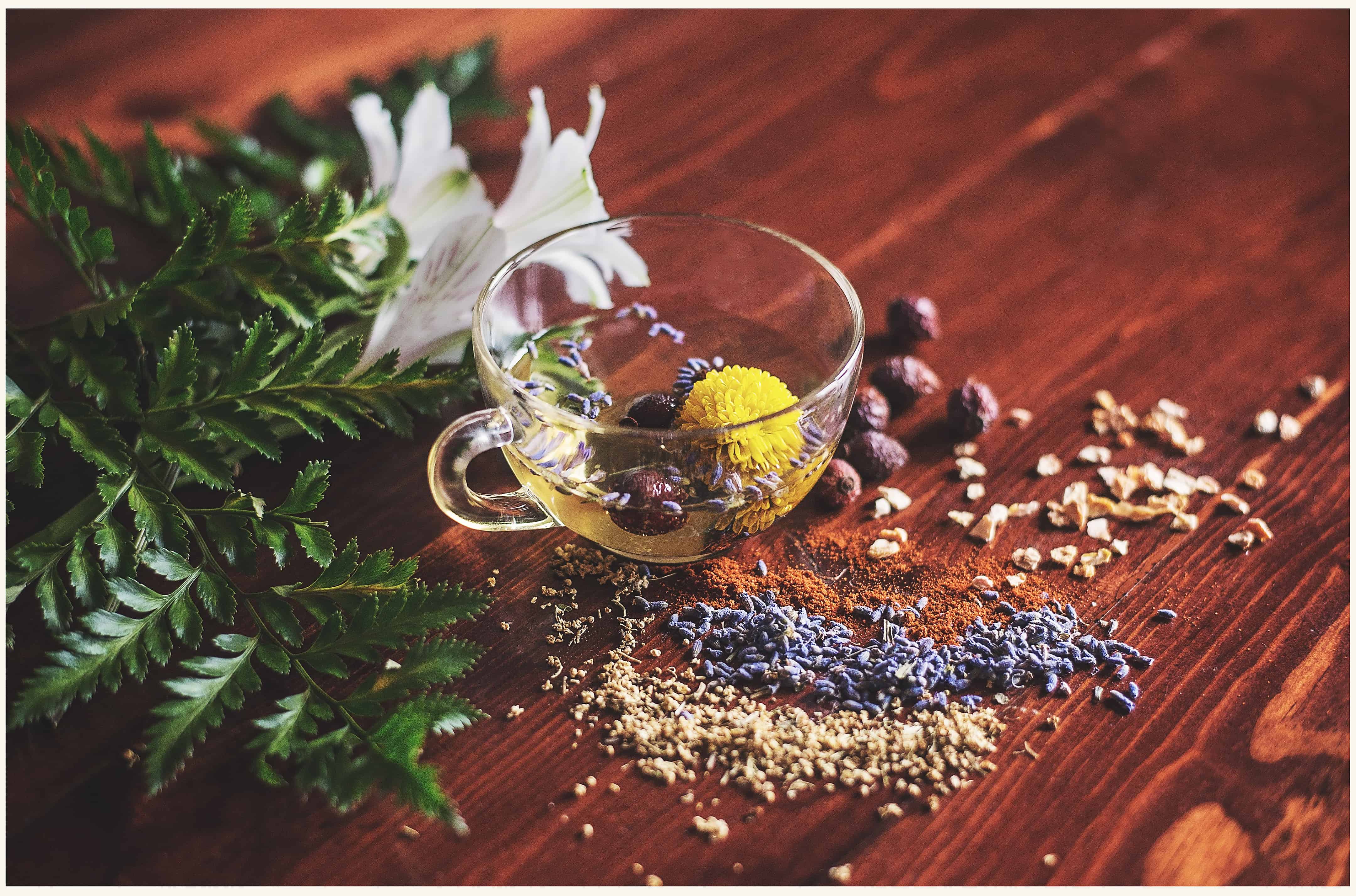Do you need to run to the restroom soon after you eat? Do you suffer from unbelievable cramping and bloating when you eat certain foods? Have your bowel habits become so bad that you don’t want to eat out at a restaurant or go anywhere that there is no bathroom close by? You could have irritable bowel syndrome or IBS.
Irritable bowel syndrome is a miserable gastrointestinal disorder that causes you to use the restroom more frequently than most. It’s sometimes called spastic colon or colitis because the conditions are very similar. IBS is a disorder that affects the small and large intestines functional nature.
Signs and Symptoms of IBS
IBS is a widespread problem that affects about one in every five Americans. It’s one of the most diagnosed health problems around. Studies have shown that it usually starts in the mid-20s, and it mostly affects women.
The symptoms can range from mild to severe. Since this is a chronic disorder, there is no cure. Some medications can help, but the side effects are often more severe than the condition itself.
Unfortunately, so many people become so miserable with this condition that they cannot work. They live in fear of being too far from a restroom, and it inhibits their life. Here are the most common signs of IBS:
•Extreme Fatigue
•Gas
•Bloating
•Mucus in the Stools
•Severe Abdominal Cramping
•Stomach Pains
•Anxiety
•Depression
•Headaches
•Chronic Diarrhea
•Constipation
•Urge to Have a Bowel Movement After Just Finishing One
Foods to Avoid With IBS
Many foods are a trigger for those who have an inflamed colon. Following a proper IBS diet can help to ease symptoms, but it’s not fool-proof. Here is a list of the food to avoid with IBS:
•Citrus Fruits – Oranges, Limes, Lemons, and Tangerines
•Cruciferous Vegetables – Cabbage, Broccoli, Beans, and Cauliflower
•Dairy – Milk, Yogurt, Hard Cheese, and most Dairy Products
•Chocolate
•Spicy Foods
•Caffeine
•Sugar-Free Products – Specifically those made with sugars alcohol
•Sugar
•Cigarettes (not a food, but we will still include it!)
Nature’s Healing Properties: 10 Foods to Help Calm Your IBS
Having IBS is very frustrating since you must follow a restrictive diet. There is some give and take when it comes to finding out what works for you. There is no one-size-fits-all treatment plan, so there will be a period of trial and error.
If you prefer to handle your problems using nature, there are some fantastic ways that you can help to heal your gut without all the side effects of medications. Here are some foods that are known to have healing properties in the gastrointestinal tract, which has a direct impact on irritable bowel syndrome.
1. Peppermint
Mint has been used for centuries to help with diarrhea and upset stomachs. To see how effective this natural remedy was on IBS, a study was conducted. The American College of Gastroenterology, as well as Alexander C Ford of McMaster University, were involved in the research.
The findings were conclusive that the antispasmodic compounds found in this plant were extremely helpful in soothing an irritable bowel. Menthol oil has been used as a topical rub for sore muscles, but taking it internally provides relief from constant gas pain.
To make this as an elixir for bowel problems, make a tea by adding a few drops of this oil to water. Taking it three or four times a day can work wonders for most people. Though, you must be careful as too much of this mint can cause heart and central nervous system problems.
2. Romaine or Swiss Chard
You’ve heard a million times that you need to eat dark, leafy greens. However, for those who are treating IBS naturally, it seems to be a miracle worker. There is no scientific reason why these lettuce varieties work so well to soothe irritable bowels, but it does.
3. Bananas
Bananas are often used in infants to stop diarrhea. They are so good at controlling this common problem because they have soluble fiber, which helps to absorb and expel any excess liquid that is stored in the intestines.
Another reason why bananas are so good for you is that they are high in potassium. Potassium is known to relieve both bloating and gas. Make sure the fruit is ripe and eat them at least twice a day. They can help improve symptoms dramatically.
4. Ginger
Ginger is an herb that has a wide variety of uses. It has been used to calm an upset stomach for decades. It has anti-inflammatory properties that are so soothing to an upset stomach, but it extends the same features to the intestines too.
Make ginger tea and drink it a couple of times each day. It’s always best to use fresh ginger root, but you can use premade teas if necessary. Though, you should avoid this one if you have high blood pressure as it can aggravate it.
5. Yogurt
Not all yogurts are created equal. Anything that has live cultures, like Bifidus regularis, can have a significant impact on the symptoms of IBS. These cultures are made from friendly bacteria, and they help to give your intestines an extra layer of protection.
Additionally, yogurts that create lactic acid helps to get rid of impurities or toxins from the body, which can help to ease the problems involved with irritable bowel.
6. Flax Seed
Flax seeds are all the rage in the nutrition world. Not only do they support the immune system, but they are a great support to your digestive health too. Your digestive system needs the extra fiber they provide to help remove unwanted waste.
When it comes to irritable bowel, flax seeds are an excellent cure for both the problems of constipation and diarrhea. Make sure you use the ground variety and add one teaspoon to hot water to make a tea. Allow the mixture to steep for a minute, then strain and enjoy. Not only will this mixture help your digestion, but it can help gas too.
7. Fennel Seeds
One of the problems with an irritable bowel is that there is often an overproduction of mucus in the intestines. Thankfully, adding some fennel seed to your diet can help. All you need is a cup of boiling water and a half of a teaspoon of the seeds.
Allow them to permeate the water for about 10-15 minutes. You can get rid of your intestinal bloating and painful spasms by drinking this a couple of times each day.
8. Carrots
Carrots are loaded with beta carotene that is great for your eye health, but did you know that they can also help in treating IBS? They help to control the persistent problem of diarrhea and constipation.
It’s the pectin in these vegetables that give your intestines the boost they need. All you need to drink is a cup or two of fresh carrot juice each day to reap the benefits.
9. Pears
You would think pears would be one of the foods to avoid with IBS since they are so sweet. However, these juicy wonders are great for intestine health. There is no real scientific explanation as to why they are so fantastic for the gut, but they seem to work well.
Fresh pear juice is the best elixir for an upset intestinal tract. Since most fruits are aggravating to the bowel, it’s strange that this sweet delight is the exception.
10. Chamomile
Chamomile is a calming herb that’s been used for thousands of years. It helps by reducing inflammation in the intestines that can stop the spasms, cramps, and inflammation. The tannins and antispasmodic compounds comprised of this herb are what do the work.
All you need is two or three cups of this delicious tea each day to provide the relief you need. You will find that soon your cramps and diarrhea can be a thing of the past by adding this to your daily regimen.
Diagnosing IBS
Unfortunately, there is no way to diagnose an irritable bowel officially. Your physician will want to run a series of tests to identify any medical problems that could be causing the same issues. Celiac disease, or gluten intolerance, is very similar to that of a spastic colon, and the symptoms are identical.
Diagnosing IBS requires that you have severe abdominal pain, diarrhea, and other common symptoms at least one day per week. Once other conditions are ruled out, then the official diagnosis of irritable bowel is given.
Final Thoughts on Eating the Foods That Beat IBS
There are other natural things that you can do to treat your irritated bowel. For instance, if you are having muscle aches and cramps, then a nice warm bath can help to relax the muscles. Also, minimize your stress as it can also be a contributing factor.
An IBS diet can help to keep symptoms at bay, but you should also try to eat smaller meals and eat slower. More substantial meals tend to put stress on your intestines, and they can increase your gas too. Though this condition is troublesome, it’s easy to manage. You can still enjoy life and learn to keep your irritable bowel in check.

















 Community
Community

